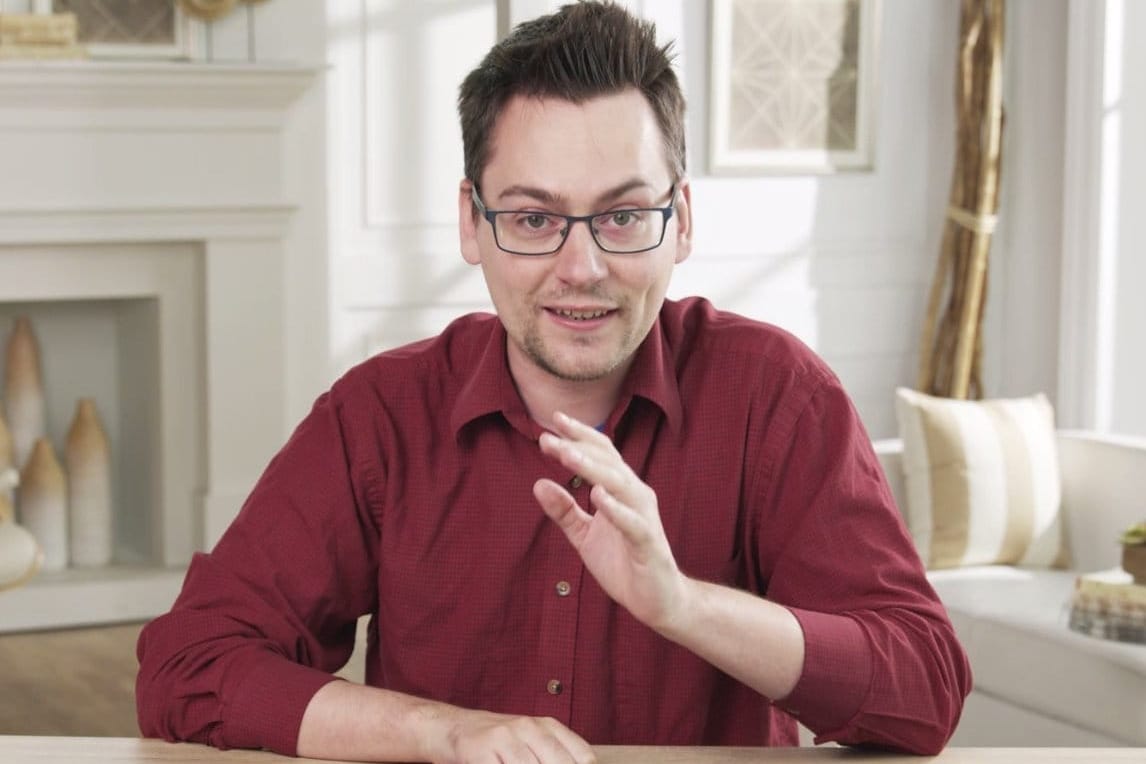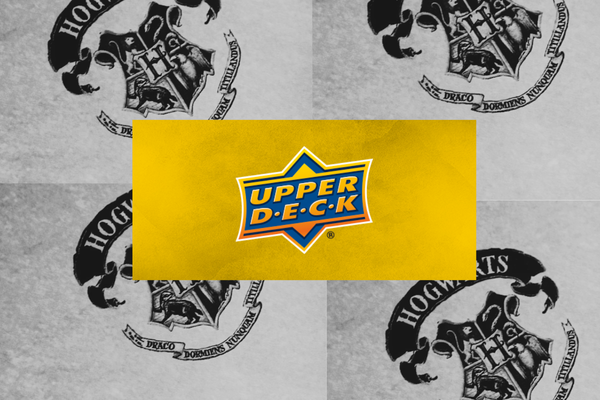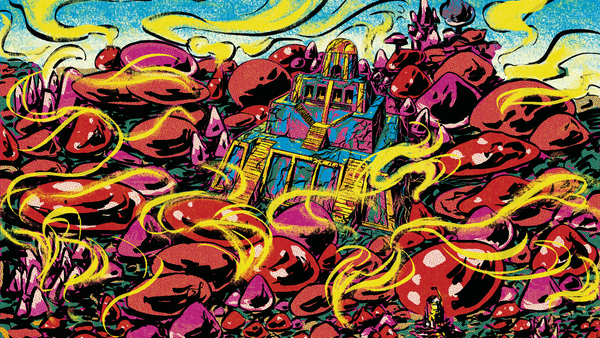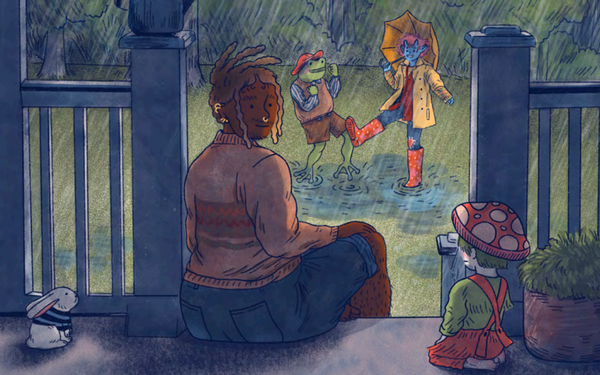Jeff Stormer's quest to make the Hot Ones of RPG podcasts
Party of One reinvents itself as "nonfiction actual play".

“I love games so much.” That one quote captures Jeff Stormer, the host and co-producer of Party of One, in a nutshell. Over the course of almost 500 episodes, Stormer has played and showcased more than 375 different games — a podcasting record that seems nigh unbeatable.
It’s a truism nowadays to say that you can no longer keep track of — leave alone, actually play — the flood of new games being released. It seems like Stormer is the closest we have to someone who can. He’s an ambassador for the indie roleplaying scene, guiding people through its teeming vibrancy and dizzying depths. A Bill Nye for TTRPGs. Or maybe a Steve Irwin because some of those games are pretty wild.
But Party of One has slowly but surely shifted in what it does. It’s a subtle change that might be easy to miss because the format hasn’t changed — it’s still Stormer and a guest playing a game. But Stormer has started referring to it as a non-fiction show in the vein of shows like Hot Ones, the celebrity interview series hosted by Sean Evans on Youtube. In a newsletter post, he wrote, “[N]onfiction AP never shifts its focus from the player to the character…We care more about why players make narrative decisions than the narrative decisions themselves… Play becomes less defined by big performance than creative conversation. The goal is less about exploring a fictional world than getting to know the people behind it.”
In this interview with Rascal News, Stormer unpacks what makes his podcast special, how it’s become a space for unique and vulnerable conversations, and how he’s wrestled with its identity and place in the RPG world.
This interview has been edited for length and clarity.
Disclaimer: Rowan Zeoli guested on an episode of Party of One in May 2024, prior to conducting this interview.
Rowan Zeoli: What do you think roleplaying games let you do for a story that other mediums don't?
Jeff Stormer: That's a really good question. I think, for me, the thing that roleplaying games do that I think a lot of other media has a hard time doing is getting to live in the moments between Whether you are playing something that is very systems heavy, something that is very systems light, or you're just kind of riffing playground style, the sort of game interaction at its base level is saying, this happens; now what?
There's also a degree of fuzzy serialization that goes into both comic books and roleplaying games. Comic books, or at least superhero comic books, often have this sense of simultaneously being written for both the most canon-obsessed weirdos that have ever graced the earth — and bless them I walk among you — and also people that cannot remember what they had for breakfast this morning —and bless them, I also walk among you. Roleplaying games have that same sense of playing within the space of obsessively kept fuzzy memory. We can say things and get details wrong session to session, and it doesn't matter as long as it feels right. But the details that are important enough to hold onto will become like sacred biblical truths that we will come back to again and again.
Zeoli: That was a great answer.
Stormer: I love games so much is the thing.
Zeoli: Hell yeah, no, and it's so clear, and I think you couldn't do what you do if you didn't love games so much.
Stormer: Ten years. Wild.
Zeoli: What about actual play podcasting, specifically in the episodic form that you do, has stuck for you so thoroughly in ways that the other [previous projects] haven't?
Stormer: Podcasting is a very conversational medium, and I've found that the thing that I like the most in the world is talking to people. That's the simplest answer — it’s the thing in my life that has always brought me the most joy. And I guess there's a caveat to that: podcasting is an act of recording conversations that are being had with a purpose. There is something about getting to know someone in the context of a conversation that is everything to me. That is the core to me of what podcasting is, and it is the core to me of what roleplaying games are: this freeform creative expression that we are sharing in this moment and creating, through literal magic, a thing that is a little bit of all of us at the same time.
[Party of One] is an excuse for me to get to know people and to say, Hey, you are a person that I admire and I would like to get to know. Let's share in a creative exercise for an hour that is loose and conversational and personal and a little vulnerable. It can be a little silly, or it can be a little flippant. There's a vulnerability there regardless, but we're going to come away from this experience understanding each other and knowing each other a little better. And that is the thing that draws me to the show again and again over the past 10 years.






